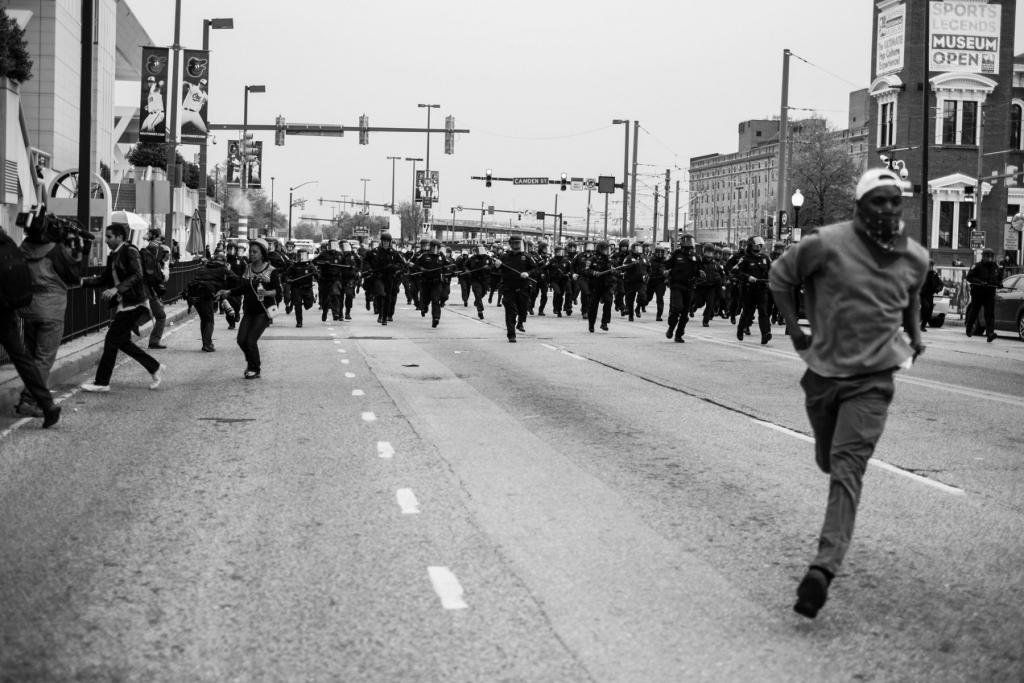If such an epiphany – which makes the 2010s look so much like the 1970s, the other big decade of racial tension and identity clashes – has so much acuity today, it is primarily because of the prevalence of a misleading narrative of continued social progress and of linear and cumulative progress of tolerance within societies round the world. Such a narrative is ahistorical and constitutes indeed one of the great contemporary myths. If admittedly, there have been significant milestones – such as, notably, the international campaign to end Apartheid in South Africa – the swiftness and breadth of the current wave of re-emerging racism is importantly underwritten by a history of non-resolution of the problem.
Three overarching phenomena preside over the current revival of racism, namely the negative exemplarity of a number of political leaders round the world, the societal banalisation that masks the extent of the issue and the intellectual rationalisation which enables its expression. The first, the most important, is the one of a ‘social jurisprudence’, as we can term it, enacted by several leaders and according to which executive behaviour has explicitly introduced acceptance and mimetism thus packaging racism in parameters of acceptability. Front and centre in this sequence are the actions of United States President Donald Trump. There is no overstating the negative role play by a head of state considered “racist” by 49% of Americans in a July 2018, and whose election was arguably less shocking than the ex post factorationalisation that it generated amongst many quarters in the United States and beyond, leading to this standardisation of neo-racism.
Seven days into his presidency and quite symbolically at the occasion of the Holocaust remembrance day (which did not fail in irking many in the Jewish-American community), President Trump signed on 27 January 2017 Executive Order 13769, commonly known as the “Muslim Ban”, a ruling which, in a democratic republic, introduced formally a discrimination against individuals on the basis of their religion. The upholding of this decision – which, in some cases, impacted US nationals – by the US Supreme Court on 26 June 2018 cemented institutionally such official policy of discrimination.
Initiated in this way, the Trump era played out subsequently on a martellato mode of constant normalisation of proto-racist acts opening the possibility of discriminatory practice or merely revealing it. Internationally, African states (as well as Haiti and El Salvador) were called “shithole countries” and, domestically, America plunged full feet into an as-of-yet unacknowledged but fast moving new racial crisis. Antisemitism increased by 60% in 2017, the highest increase rate in several decades, and anti-black sentiment augmented as perceptibly seen in a number of incidents playing unceasingly out across the nation. Black individuals were singled out and subject of harassment in public pools by simple citizens granting themselves a right to control and call the police to express “suspicion” towards a twelve-year-old boy delivering newspapers, boys mowing a lawn, families holding a picnic in a public park or using the facilities of a gym for which they had paid.
Amidst such self-deputisation and racial profiling, there are today, according to the Southern Poverty Law Centre, 954 hate groups active in the United States. The phenomenon is also qualitatively striking as witnessed, revealingly, in the case of a Florida public school teacher casually recording a podcast discussing her social science classes flavoured with white supremacist views, Islamophobia, anti-Semitism and calling for a return to segregation. Equally problematic in its ill-conceived representation of the normality of these views was The New York Times’ November 2017 controversial profiling of a Nazi sympathizer (“casually approving remarks about Hitler, disdain for democracy and belief that the races are better off separate”). Quite logically in a zeitgeistof this sort, an… anti-lynching bill could be introduced in 2018 before the US Congress. A congress, that is, for which Nazi sympathisers are running, just as representatives with similar views already sit in the British Parliament – another nation where anti-Semitism is on the rise– while fascism is making a comeback in Italy and Slavic ultra-nationalism rises anew in Eastern Europe.




